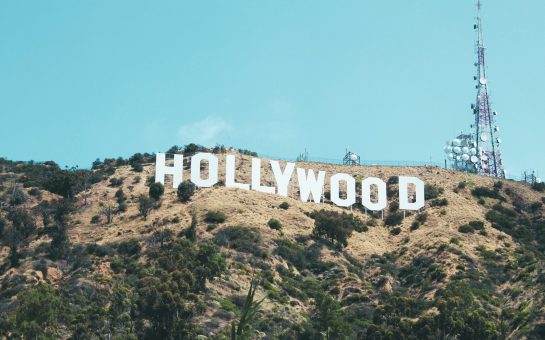By Marios Papaloizou, watching at Cornerhouse, Manchester.
The WikiLeaks saga is one of the most engrossing and thought provoking news stories of the last decade.
It is a real-life spy thriller that provokes one to question the dichotomy of state and individual in a radically new way.
It is, therefore, understandable that feature films, documentaries, and TV shows will emerge in coming years that all try to tell the story of WikiLeaks and its enigmatic founder Julian Assange.
Gibney’s documentary is the first such attempt to hit mainstream cinema.
Before addressing the film it must be noted that the title is highly misleading: WikiLeaks is an organisation that provides whistleblowers with a way to leak information. It does not ‘steal’ secrets.
Semantics aside the film does pretty much what it says on the tin: it delivers a thorough story of the events and people involved in the history of WikiLeaks.
However, several problems permeate the film that makes it feel rushed and under-developed.
The film begins by giving the audience a brief overview of WikiLeaks’ history leading up to 9/11 and the subsequent ‘war on terror’.
It then flutters between the two crucial figures involved in the leaking of thousands of classified U.S military documents: Julian Assange and whistleblower Bradley Manning.
With the exception of Assange and Manning, Gibney’s success lies in his ability to bring together a vast array of crucial figures in the WikiLeaks story. WikiLeaks employees, high level Government officials, and Journalists, all of whom were directly involved in the story, are interviewed and give a fascinating insight into the ideological struggle that penetrates this saga.
However, at times the information given, while interesting, is somewhat superfluous to the larger story.
For instance, a large section is devoted to Manning’s uncertainty regarding his sexuality. This is clearly done to paint Manning as an outsider and help the audience understand the motivation behind the information leak.
The problem is that we don’t need to know any of this: the story of WikiLeaks is not the story of Bradley Manning’ sexuality.
WikiLeaks has such an eclectic mix of characters involved in its saga that Gibney’s attempts to give a succinct overview are admirable. However, one is left with a feeling that it is simply a two-hour recap of events that have occurred; a sort of ‘previously on WikiLeaks’.
In trying to fit all of the relevant facts in Gibney’s film lacks the punch of his previous works. Taxi to the Dark Side and Park Avenue: Money, Power and the American Dream, for instance, both remain objective and refrain from making normative claims; yet the viewer is left in no doubt as to the injustices portrayed. The results are moving and thought provoking.
Contrarily, We Steal Secrets suffers from its purported objectivity and, by attempting to say too much, it ends up saying very little.
There are moments when the film threatens to become engrossing. Gibney demonstrates the absurdity of pursuing Assange for doing what an organisation like the New York Times does every day. This relationship – between the state, the individual, and the organisation – is truly fascinating and strikes at the heart of political theory.
Yet every time the point is made it is quickly brushed over as though the exploration of the fundamental philosophical issues raised by WikiLeaks is not the subject of the film.
This leaves the veiwer with an incredibly underwhelming feeling towards the whole experience as the important ideas are left undeveloped and demoted in favour of a list of events that took place and a description of them.
Similarly, as the film begins to explore the improper conflation of Assange’s personal legal battle and WikiLeaks’ political struggle it seems to back away before giving a full analysis of the point.
The overriding motif that emerges is one of an anarchic organisation based around complete transparency that morphs into an autocratic regime fronted by Assange. With employees of WikiLeaks asked to sign confidentiality agreements the portrait of Assange as an idealist who has succumb to the seduction of power reaches a crescendo.
However, without the full development of the ideas that make the story so ironic the crescendo feels flat.
We Steal Secrets is enjoyable in itself and will serve as a good preamble to the flood of WikiLeaks stories that will emerge. While there is nothing ostensibly wrong with Gibney’s desire to give a full and thorough overview of events it ultimately means that the film cannot incite the type of debate that the saga deserves.
We Steal Secrets: The Story of WikiLeaks is now showing at Cornerhouse, Manchester. Visit here for more information.
Image courtesy of Focus World via YouTube, with thanks.
For more on this story and many others, follow Mancunian Matters on Twitter and Facebook.



